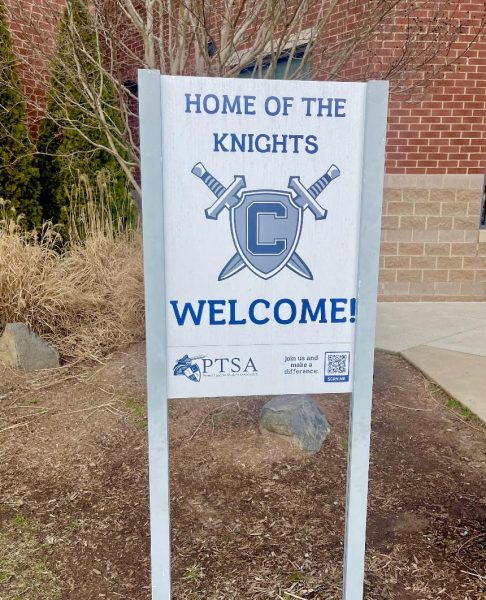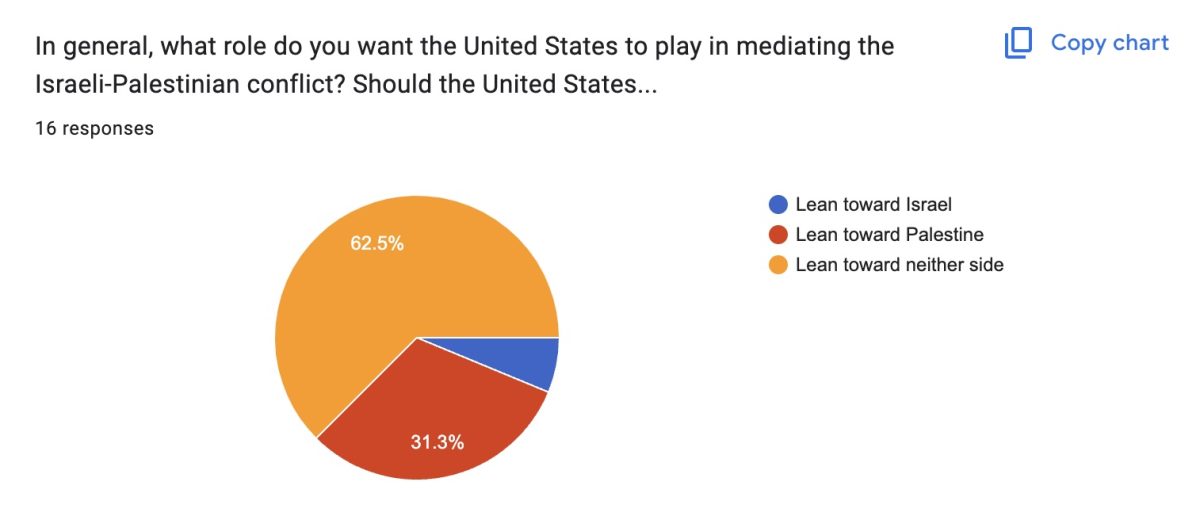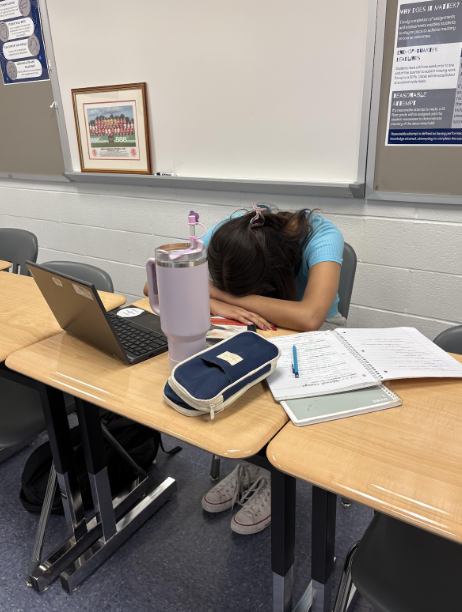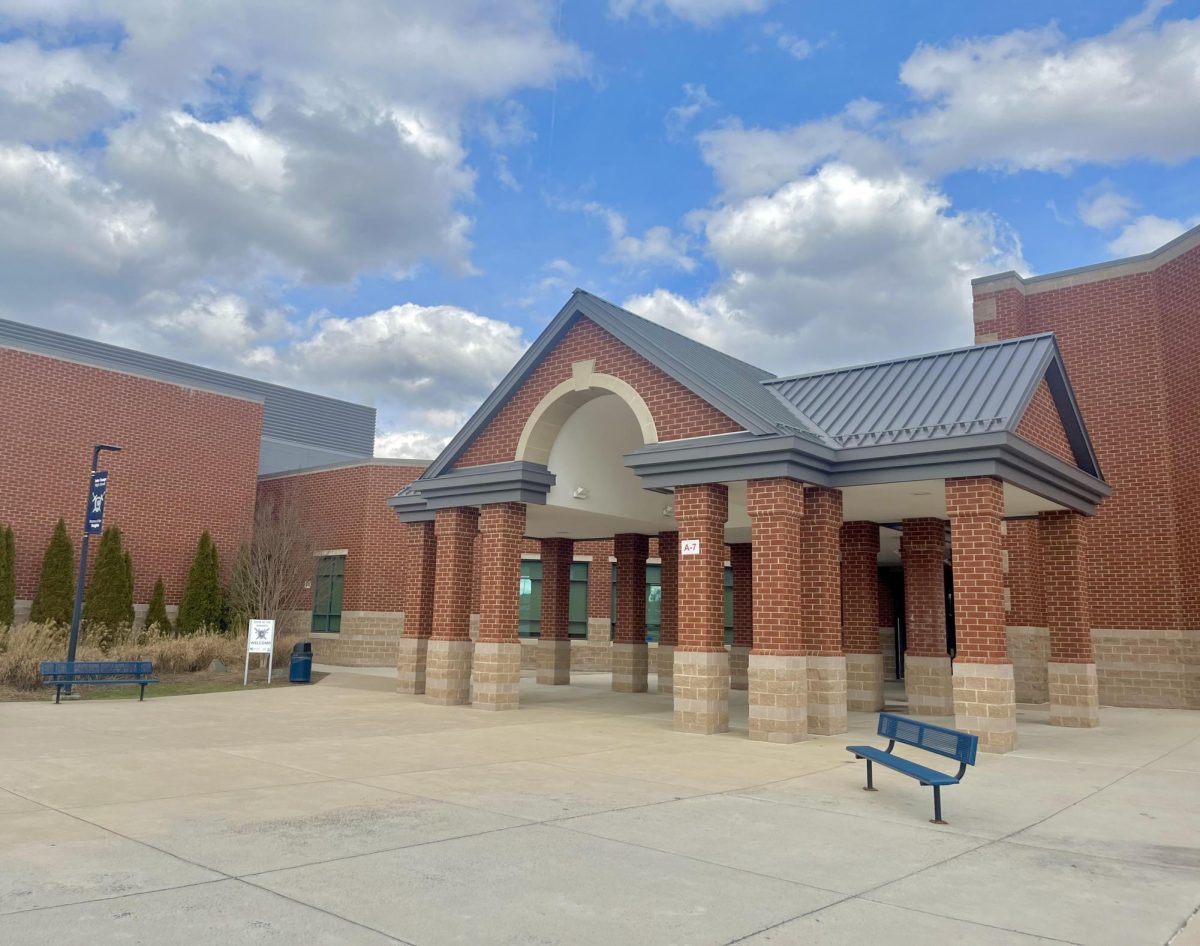Many students in the nation are deprived of resources and opportunities due to the lack of funding in their county. This may take away from their ability to succeed, causing their performance detriment.
Resources that students in a low-funded school are disadvantaged of can most definitely take away from their academic achievements. The teachers within these systems also suffer the toll, likely having lower salaries and underfunded programs, which can change the effectiveness of teaching. The quality of education has a great impact on how well students perform in school, and if quality education progresses with more funding, that puts schools with less funds at a huge loss.
Despite being faced with continuous challenges in a low-funded curriculum, a lot of these students display hard work toward their academic success. “Attending a low-funded county, I was deprived of opportunities like the use of technology to further enhance my learning,” sophomore Alisha Khan said. “I believe school funding affects your ability to learn because of the missed opportunities that come with attending a low-funded school.”
Being a middle school student, these years are what prepare individuals for the next level; high school. Growing up with a lower curriculum can also lower the standards of the students’ goals through getting influenced by those who do not challenge the circumstances. Nonetheless, these students are still compared based on their achievements when it comes to higher levels of education.
Low-income students compared to students living off of higher incomes drastically differ in academic success rates, and IPR economist Kirabo Jackson has always placed emphasized this. In the early 2010s, Jackson conducted research on the many aspects of school-funding, and later came out with a study examining changes in K-12 public school spending rates decreasing in over half of the states. A statistic on school funding improving long-term outcomes in this study shows that middle to high-income students have been found to graduate 12 percent more than low-income students who learn at lower curriculum levels (Northwestern).
The income of students’ families does not dictate how much or how far they can succeed, however, it gives a pedestal of privilege and disprivilege. These advantages not only result in limited access to advanced education, but insufficient education. Students’ dreams are to be jeopardized daily because of circumstances they have no control over, but the government does.
This matter is not just secluded to the U.S., but all around the world. “The academic achievement gap among students has been a serious issue not only in Western countries, including the United States, but also outside of Western countries (Chmielewski 2019). Particularly, the achievement gap among elementary and middle school students in South Korea has worsened in recent decades (Byun and Kim 2010; Bae and Wickrama 2015; Choi and Park 2016)” (MIT).
It’s extremely important for the public to be aware that their children are the ones who may be receiving worse opportunities or education because of this issue. Ultimately, the awareness that is to be made for lower-funded schools seeks equality and equity in education, so that the graduation rates and quality of education for these students don’t differ so significantly.
Widely known, many advantages are in favor of those with money, and schools that are funded abundantly carry resources that some could only dream of having. “Having gone to school in Loudoun County for a long time, I notice that we have more privileges than we think in our education,” freshman Lara Alderaihem said. “It’s unfair for lower-income students or students that go to lower funded schools, because they have no choice in how their circumstances affect their motivation, opportunities, and achievements.”



























